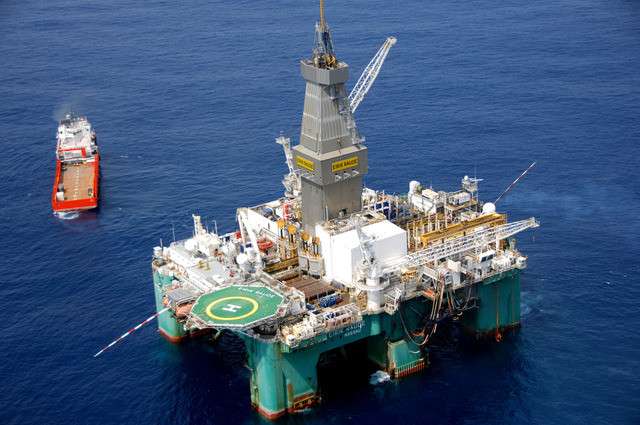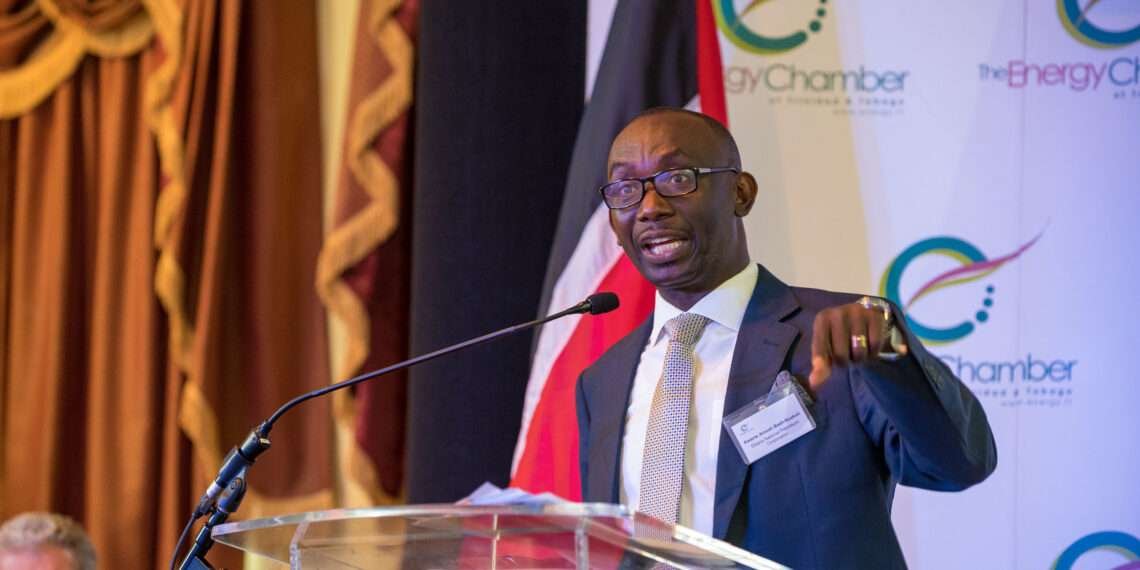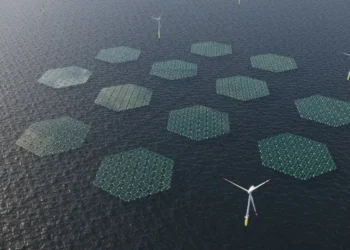Dr. Kwame Baah-Nuakoh, the General Manager, Sustainability and Stakeholder Relations of the Ghana National Petroleum Corporation (GNPC), has suggested that given current provisions of the law, GNPC cannot be insulated from political interference, unless the law is amended to reflect so.
While the National Oil Company (NOC) can be credited as among the top six SOEs in the country, it is not immune to shortfalls common to SOEs— ‘unbridled’ government interference, partly because of the power placed in the hands of the President to appoint the Board and CEO of the NOC.
Particularly, the Public Interest Accountability Committee (PIAC), which serves as an independent watchdog, has consistently cited this position— having unfortunately muted the progress of GNPC, in terms of its core mandate. This, according to PIAC has resulted in concerns raised about gross mismanagement of petroleum revenues in its reports and press briefings.
Typical among the issues highlighted by PIAC is the use of the corporation to finance quasi-fiscal expenditures of the government; instances of non-documentation of borrowed funds from the Corporation; and the non-repayment of borrowed funds by the government.

Deciding as a country on how GNPC should be Run
In a public lecture organized by the Public Interest Accountability Commission (PIAC) on March 23, 2022, dubbed “Ten Years of the Management and Use of Petroleum Revenues in Ghana: The Way Forward,” Dr. Baah-Nuakoh said:
“I think we need to decide as a country on what we want our NOC to be… In our case, GNPC is owned 100% by the State. The State’s interest is determined at any point by the government of the day and most of these things have been couched in law…
“It’s policy direction and the ventures that it could undertake are determined by politicians. Because, GNPC’s annual work programme has to go to parliament, and it is only parliament that approves whether GNPC can spend certain monies or not. So, if we put all these things into law, I’m wondering how we were insulating GNPC from political interference when the Minister of Energy is the one who determines the policy direction… the President appoints the chief executives of state institutions.
Dr. Baah-Nuakoh
“If we need to protect GNPC, it is law. If we think the law doesn’t work… we might need to fix the law,” he said, adding that “…I think it will be difficult for you to insulate GNPC from political interference,” if the law requires that appointments of Boards and CEOs of SOEs be in the hands of the President.
Insulate Some of the Appointment Powers
Dr. Theo Acheampong, an Energy Economist and Political Analyst, in agreement, said:
“…In this case, we know that GNPC and many of the state-owned entreprises are subject to the political process. Like we say the President appoints, hires and fires the Board, CEO… And if we want to improve the corporate governance going forward, then there is a need to address or at least insulate some of these appointment powers.
“So, why is it that, for example, when you take Saudi Aramco, Abu Dhabi National Oil Company (ADNOC), all these other places; they are able to actually advertise for CEOs for certain positions, people apply and they get the crème de la crème, give them the incentives, they perform and deliver value but we are not able to do same for some of our state-owned institutions.”
Dr Theo Acheampong

This notwithstanding, some experts have indicated that in order to solve this issue, the NOC should be listed on the Ghana Stock Exchange, Dr. Yusif Sulemana, an Energy Strategist is cited to have said:
“…Ultimately, we have to [list GNPC on the GSE], the status quo hasn’t helped. If we have structural weaknesses and we don’t take steps to strengthen them or solve them… we will be sinking money and not get value for our money.
“Our upstream is very key to our energy security. What we need to do is to make sure that we strengthen the structures; that people are accountable for their actions and inactions…”
Dr Sulemana
READ ALSO: Finance Minister to Address the Nation on Measures Taken to fix Economic Challenges





















